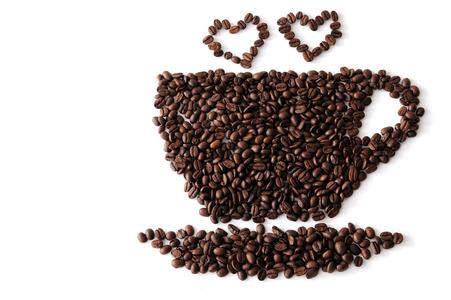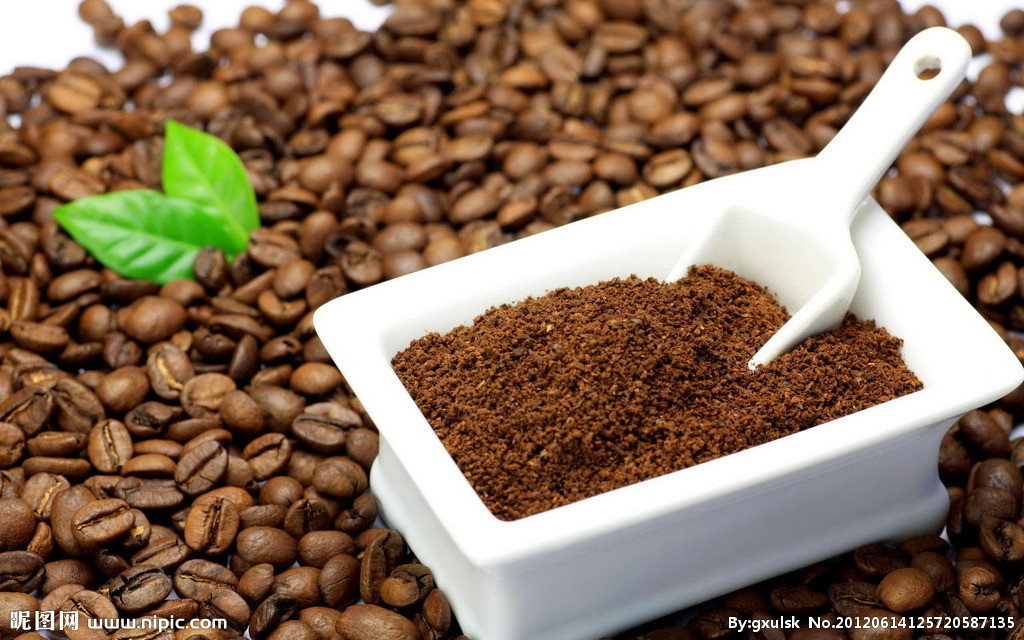The Power of Coffee and the basic knowledge of Coffee Culture

"I wasn't at home, I was at the cafe; I wasn't at the cafe, I was on my way to the cafe." This classic portrayal of coffee culture is a little exaggerated to describe people's coffee complex.
When you see a coffee house, you will think of the advertisement full of warmth and sweetness: "thick milk fragrance, sweet as a hug." Once inside the cafe, immersed in exotic surroundings and soaked in the aroma of coffee, the cafe feels like a great place to relax.
Sitting in a coffee shop full of aroma, tasting strong coffee, watching the scenery through the window, alone or chatting with friends, it feels good. When alone, the emotions are filtered, the heart is revealed, you can immerse yourself in music, think in the loose horse, abandon distractions and concentrate on thinking quietly, you can think of nothing, only feel the fragrance rolling around on your tongue. When sharing with friends, there is an unspeakable warmth, casual and romantic, brewing fermentation together, becoming mellow and strong, warm and moist. Coffee, a poet once said, is "pure as an angel, lovely as a god of love, thick as a devil, hot as hell." Especially when a person feels pain and depression, coffee is like a sedative, slowly calming the pain in the heart.
Among imported drinks, coffee is the most humane, it vividly and appropriately conveys the elegance and confidence of western culture inadvertently, especially the relaxed atmosphere, charming romantic taste, suitable for meditation environment and harmonious casual social feeling. In Arabic, coffee (qshwa) means "good wine" and can be intoxicated; in Greek, coffee (kaweh) means "strength and enthusiasm" and can be used to cheer.
The only big country in the world that doesn't drink coffee is China. Because in our opinion, tea is authentic, and coffee is only imported. Tea is a metaphor for life, coffee is a dream. Coffee can be drunk in a few minutes, while Chinese tea can be continuously brewed and drunk for a few hours, so coffee seems to have a more Western aristocratic quality in terms of consumption of the drink itself.
In the 1980s, people began to recognize "Mai's" and "Nestle" instant coffee, such as "drop fragrant, not finished","taste very good" advertising words, coffee left the overall impression on the Chinese people. In the 1990s, when Starbucks was introduced into China, the Chinese people's complex of drinking coffee was on the rise. For most Chinese, coffee represents a mood, a fashion label. Drinking coffee is not so much to taste it as to taste a culture, a mysterious and ambiguous feeling.
If you don't know much about coffee and want to read it thoroughly, you should calm down and drink a cup of coffee to experience the new enjoyment of coffee. An Austrian who loved coffee said,"A good cafe should be bright, but not gorgeous." There is a coffee shop, the shop is transparent, bright, passers-by can see everything in the shop through the floor-to-ceiling windows, walk in, there are sincere smiling faces and crisp greetings from the waiters, let people suddenly have a sense of satisfaction, even the original depressed mood will also be clear up.
Drinking coffee can stimulate nerves, trigger inspiration, activate thinking, and improve work efficiency. Balzac said: "Once coffee enters the stomach, the whole body begins to boil, and the mind is arranged, like an army, and begins to fight on the battlefield." For many white-collar workers in China, drinking coffee is not only a fashion, they also like to regard the coffee house as a "second office", so after the "Sagittarius","Cancer" and other 12 constellations, there is a constellation called "Coffee", which is used to compare those who often sit in coffee houses and like to communicate and communicate in mellow and low-echo music. Chen Danyan, author of Coffee Is Bitter and spokesperson of International Coffee Organization, once soaked in cafes all over the world. Her novel New York Holiday was written in an Italian cafe in a small town in New Jersey. Pan Xiangli, a Shanghai-style writer, wrote in his article "Drinking Coffee in Shanghai in Winter":"When I was a graduate student on Huaihai Road and writing a master's thesis, the classroom was noisy and the dormitory was dark, so I took a lot of books and plaid paper every day and went to the cafe opposite."
Nowadays, fashionable people like to use a verb of "grinding", which is the term for coffee processing. It is to say that the way people like to work and think in coffee shops is "grinding". Different people can find different grinding fun in coffee shops. White-collar, pink collar, gold collar people like "poetic dwelling", grinding in the coffee house, is a poetic work, including mellow coffee, exquisite snacks, charming music, elegant environment, romantic atmosphere and comfortable seats...
I can't help thinking that when coffee first arrived in Italy, some conservative clergy called it "Satan's masterpiece", but Pope Clement VIII himself sipped coffee and couldn't help but sigh: "Let coffee be baptized into God's drink!"
Important Notice :
前街咖啡 FrontStreet Coffee has moved to new addredd:
FrontStreet Coffee Address: 315,Donghua East Road,GuangZhou
Tel:020 38364473
- Prev

Something that Vienna's coffee culture is quite proud of.
Coffee is something that Viennese enjoy talking about and are quite proud of. The Viennese even compare it with music and waltz, which is called the three treasures of Vienna, which shows the relationship between Viennese and coffee. Some people say that Vienna is a five-step coffee, which may be an exaggeration by the poet, but it is true that there are a large number of Vienna cafes. Coffee kiosks for people to drink standing up from street corners,
- Next

The slow way of African Coffee entering China
Coffee originated in Africa and little is known about it. In fact, Africa Ethiopia is the hometown of coffee, producing the best Arabian coffee in the world. Soil, climatic conditions and an altitude of more than 2000 meters above sea level have enabled many African countries to create an ideal environment for the growth of coffee. At present, coffee production in Africa accounts for about 13% of the world's total output, and coffee income is accounted for by some African countries.
Related
- How did the Salvadoran coffee industry develop in Central America?
- What exactly does the golden cup extraction of coffee mean?
- The Origin of Coffee flower
- [2023 Starbucks World Earth Day] there are more meaningful things besides free Starbucks coffee!
- What kind of coffee is there in Spain? 9 Flavors of Spanish Coffee
- Aromatic African coffee| Kenya's coffee culture and historical production area
- Liberica Coffee Bean knowledge: the characteristics of Liberian Coffee beans of the three original species of Coffee beans
- The origin and formula of Spanish latte introduces the taste characteristics of Bombon coffee in Valencia, Spain.
- How to adjust the solution of over-extracted coffee
- What is the tasting period of coffee beans? What is the period of coffee and beans? How should coffee wake up and raise beans?

